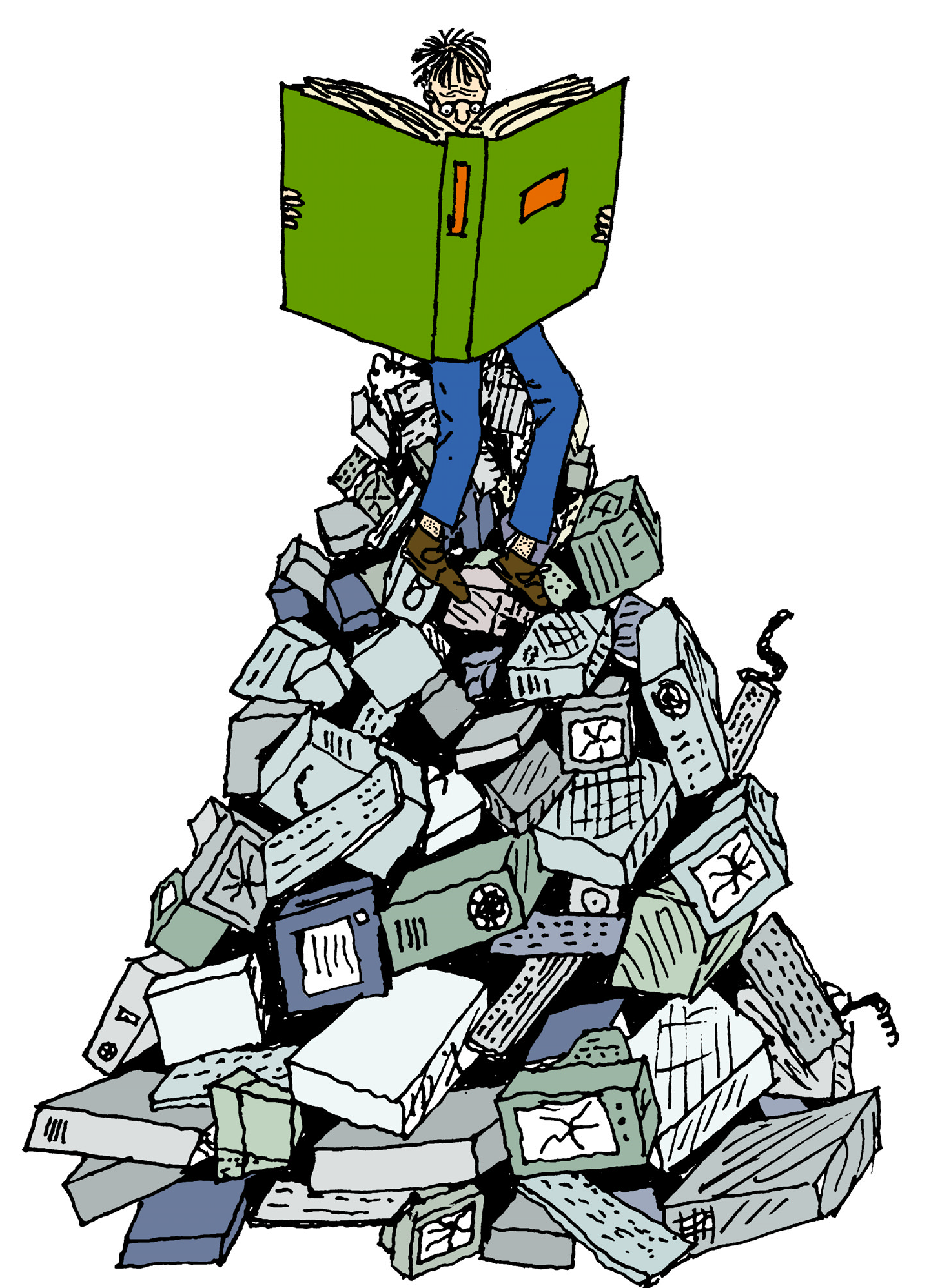Occasionally we all wish we could have do-overs. Mistakes are made, problems created and weathered. Afterward, we look back with clarity and wish we could have done it differently. We always have the choice, at these times, to either learn from the experience, or to brush it off and continue on our oblivious way. The occasions when I have continued obliviously have generally become larger learning experiences later in life.
Those times, however, both in and out of the classroom, where something happens and I immediately wish I had acted or reacted differently, have taught me that I must live with my choices.

It is part of the human condition, really. We make mistakes, we wish we could change history. we wish we could play a part in history. That is what causes the drive for fame, for leadership, for discovery. Some of those ends are more pure than others, but the motivation is the same: we want to make our mark on the world and be remembered. We want to make a difference. To that end, some people have tried to change history. World leaders have had a huge impact–some negative and others positive. Some who changed the world negatively perhaps looked back later and wished they had done things differently; perhaps they did not. Some have had negative impacts while trying to make the world better.
No one, however, impacts history as much as students when they try to tell us what happened. I’m sure some of you have seen the list of what are actually studentisms turned in on history essays and exams, with all sorts of interesting interpretations of history. If you haven’t, here is a version of it. I know there are others, but that should keep you going for a few minutes at least. None of those, I argue, impact our history quite as much as this: “What had happened so far in history is that Ethan died of a burst appendix.”

I suppose it’s good of my student to report history as he or she understands it, but really? All that has happened so far in history is that Ethan (whoever he is) died of a burst appendix? In all probability, this was a book report, but I don’t recall. The statement is just so all-encompassing, and obliterating. Forget about the renaissance. Don’t worry about the stone age, or the dark ages. The reformation? Pfft. More recent history? Only important thing there is we figured out what an appendix is, so that Ethan could die from one bursting. Was it his appendix, or someone else’s? With such an incomplete history presented to us, I guess that is the new mystery of the ages.
